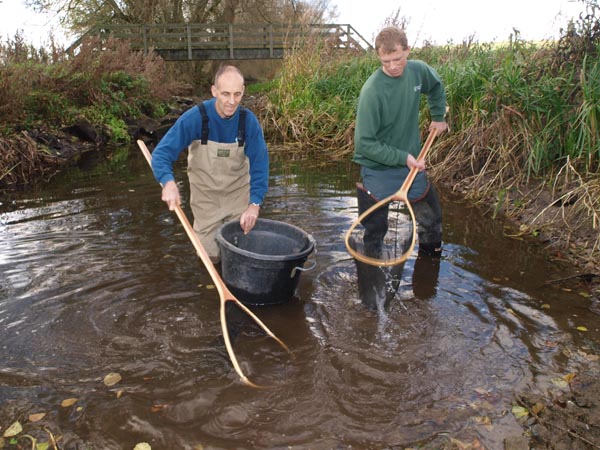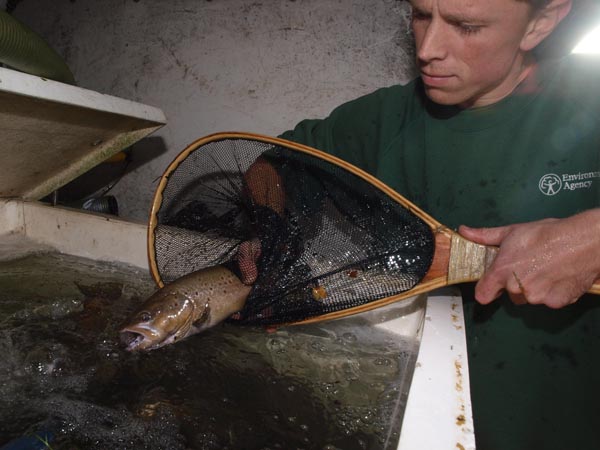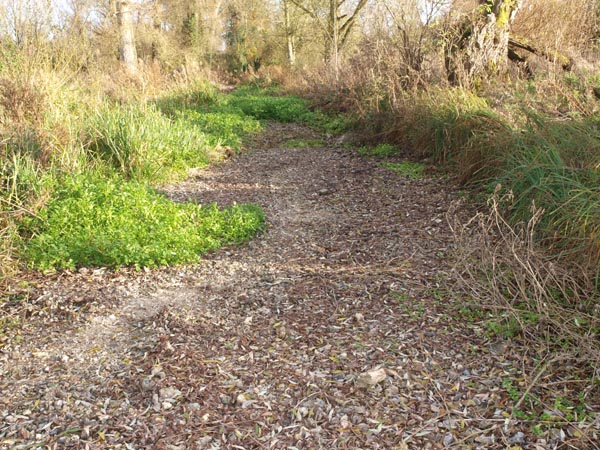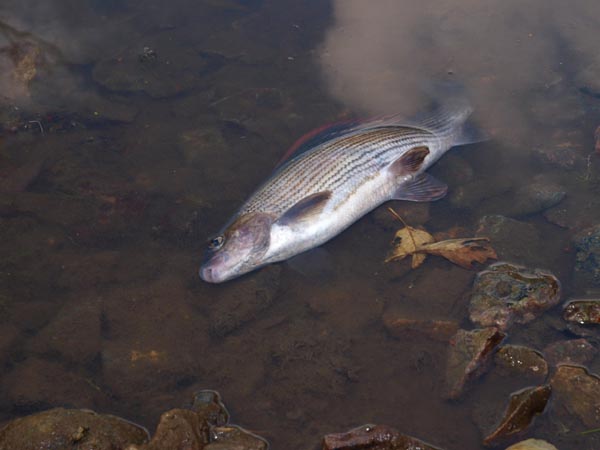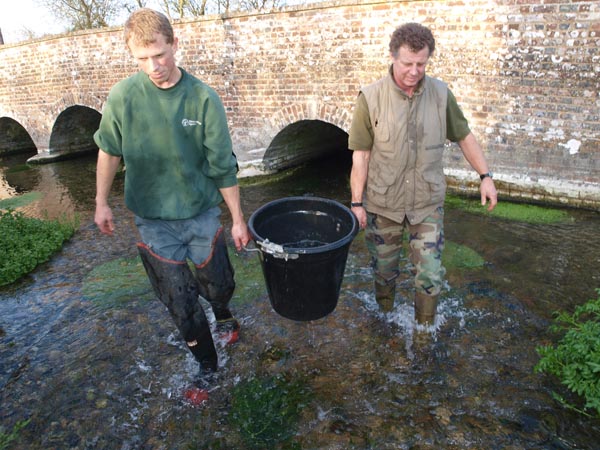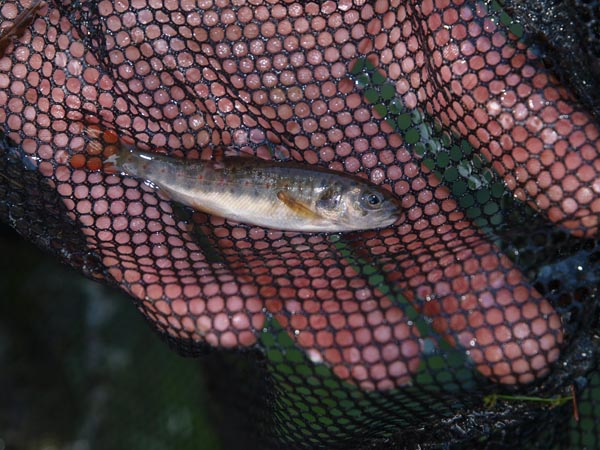Britain’s largest water company has been ordered to pay £61,049 after devastating the aquatic life in two rural brooks in Hampshire and Berkshire killing between 7,500 and 22,000 fish.
Thames Water Utilities Limited pleaded guilty at an earlier hearing to causing sewage sludge to enter the Silchester Brook (Hampshire) and Foudry Brook (Berkshire) in July 2010 and asked for a breach of its condition to discharge treated effluent to be taken into consideration.
Thames Water were fined £29,985, ordered to pay the Environment Agency’s costs of £31,049 and a £15 victim surcharge, a total of 61,049.
On 21 July 2010 the Environment Agency’s hotline received numerous calls from local residents about a strong smell of sewage and grey-coloured water in the Silchester Brook. Environment officers attended the scene and were greeted with a strong stench of sewage and hundreds of dead or dying fish.
Winchester Crown Court heard that Environment Agency officers worked tirelessly over five days in July last year to deal with the devastating effect the sewage had on the watercourse. It is estimated that between 7,500 and 22,000 high quality fish were killed including chub, brown trout, perch, pike, roach, tench, bullhead and loach, with many of the larger specimens being irreplaceable.
Officers dosed the river with hydrogen peroxide and deployed aeration equipment to maintain oxygen levels but the sewage continued to spread, affecting the total length of Silchester and Foudry brooks through Stratfield, Mortimer, Grazely, Three Mile Cross and Green Park in Reading.
Residents reported feeling depressed and upset at the state of the brook following the incident as the brooks are used widely by the local community for agriculture and recreation. Over the course of the incident 17 members of the public raised concern about the colour and smell of the brook, and the large number of dead or dying fish within it. A local farmer rescued around 100 fish including chub, brown trout, perch and minnows in a makeshift aquarium on his property.
The court heard that Thames Water operates Silchester Sewage Treatment Works in Hampshire. In May 2010 two storage tanks used to store sewage sludge failed. Two redundant storm tanks were used to store sewage sludge – these were isolated from the sewage treatment process to prevent stored sewage sludge being pumped back into the works. However, on the morning of 20 July 2010 the two storm tanks were full and needed to be emptied.
In an interview under caution, Thames Water admitted that instead of waiting for a tanker already scheduled to remove the sludge, a Thames Water employee manually opened the valves on the storm tanks and pumped the entire quantity of stored sewage sludge to the inlet of the works. The highly concentrated material completely overwhelmed the system and a thick, sludgy effluent was discharged into the brook.
Thames Water stopped discharging from the sewage treatment works and were able to remove some of the pollution from the watercourse with tankers. The company also imported clean effluent from Basingstoke sewage treatment works to dilute the pollution in the watercourse, but the impact of the incident was already catastrophic.
Claire Bale, lead investigating officer for the Environment Agency, said: “We are pleased that the court has recognised the gravity of this incident and hope that this fine will act as an incentive to other operators to ensure they have appropriate procedures in place to better protect their local environment and community.
“We take these types of incidents very seriously and will do everything within our powers to safeguard the environment and people affected, and that includes bringing those who harm the environment to justice.
“We would like to thank those members of the public who reported the pollution to our incident hotline as they enabled us to trace the extent of the brook affected early on, allowing us to prevent the situation from being even worse. We are also grateful to the landowners that assisted us during this incident by granting access to their land and for offers of help.”
In sentencing Thames Water the court took into account the company’s early guilty plea and the discount for the early plea reduced the fine from £50,000. Judge Dixon also took into consideration that the company responded quickly as soon as it grasped the seriousness of the unforeseeable incident, which was as a result of actions of an unidentified employee.









